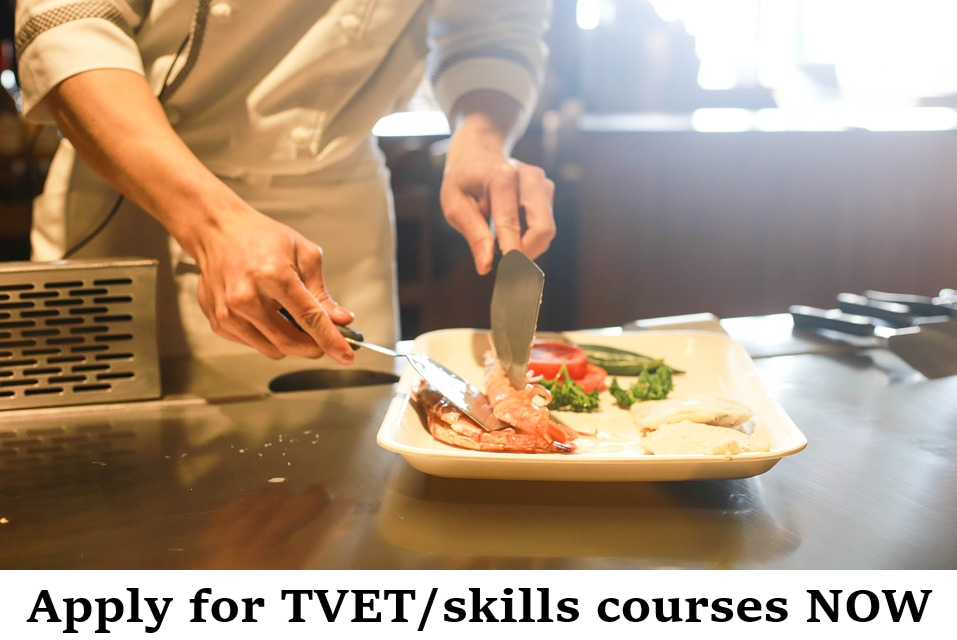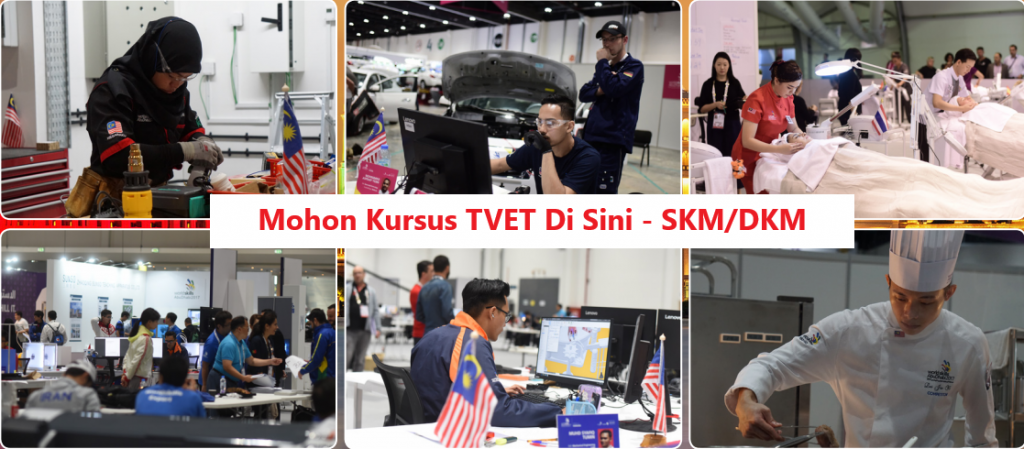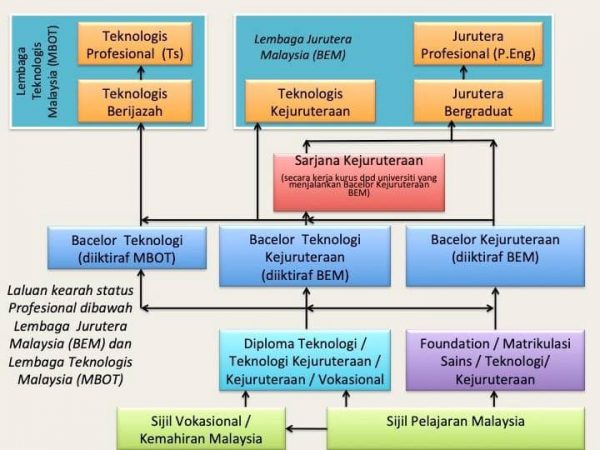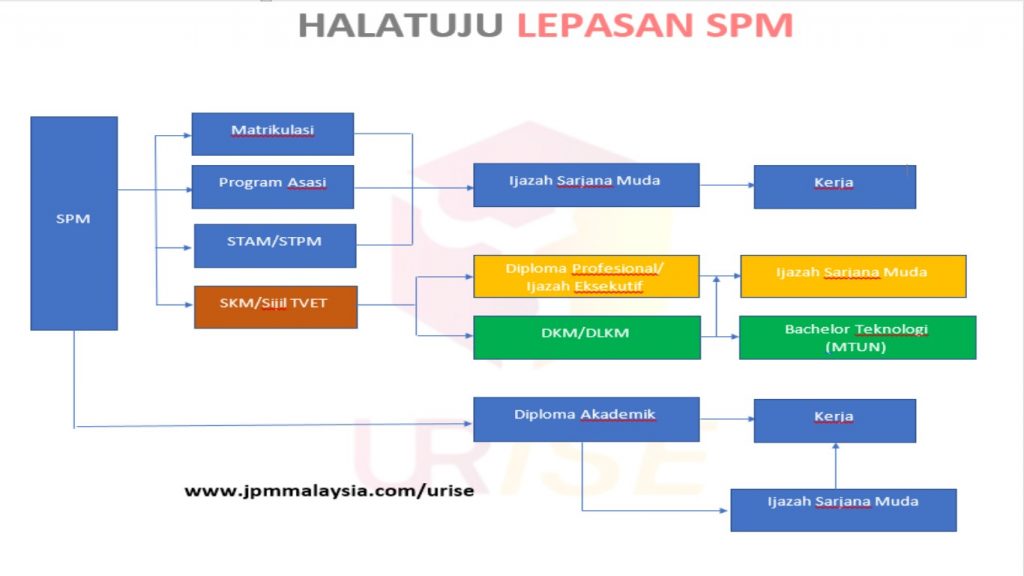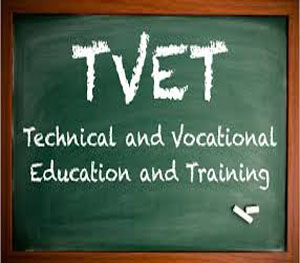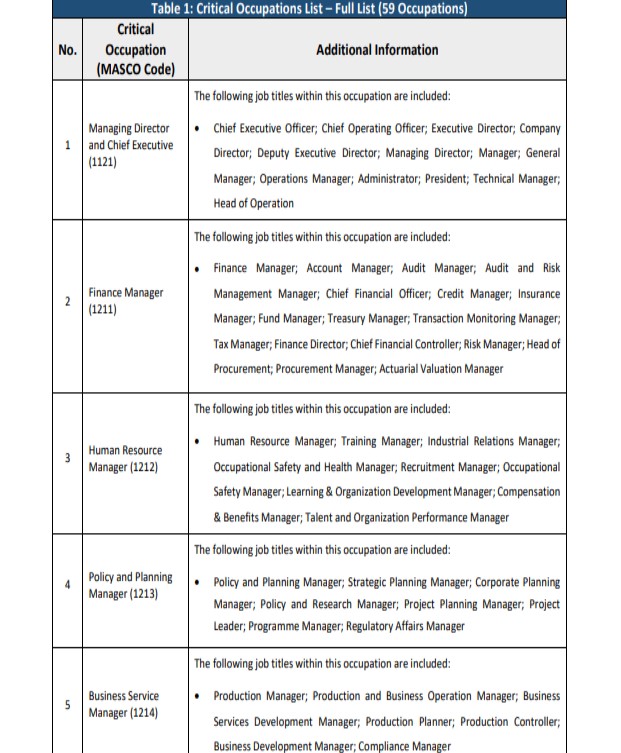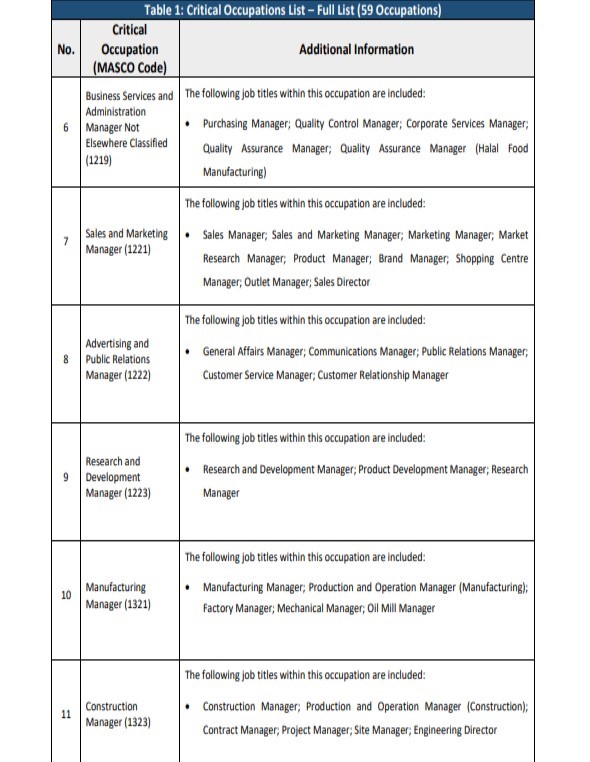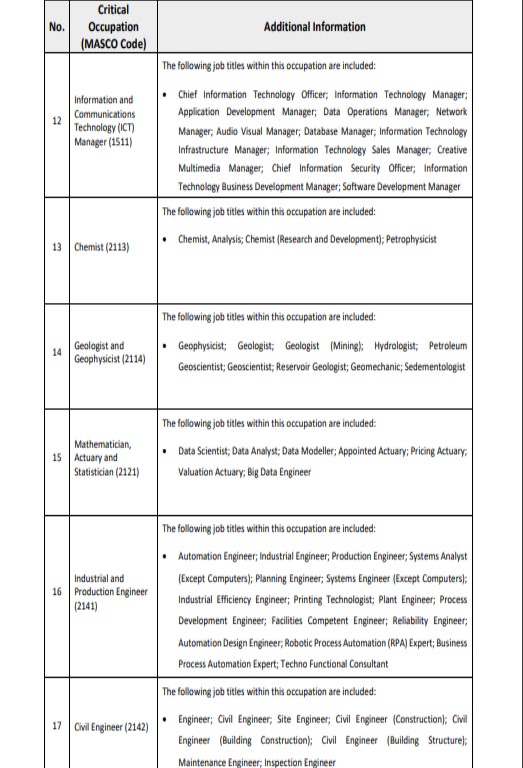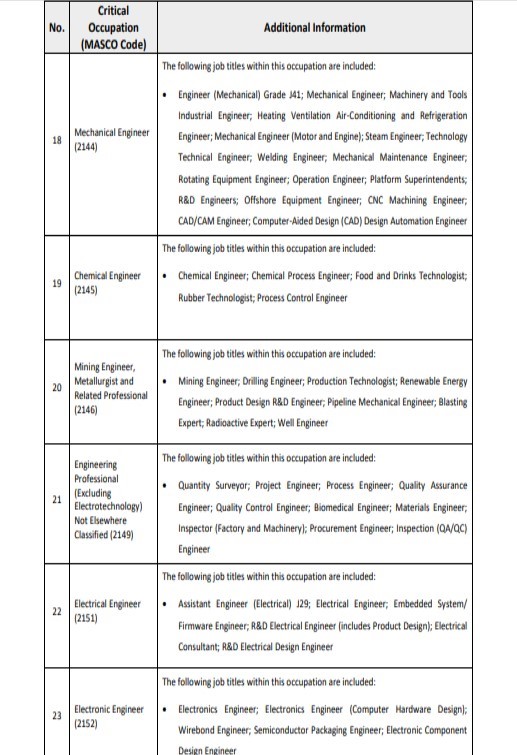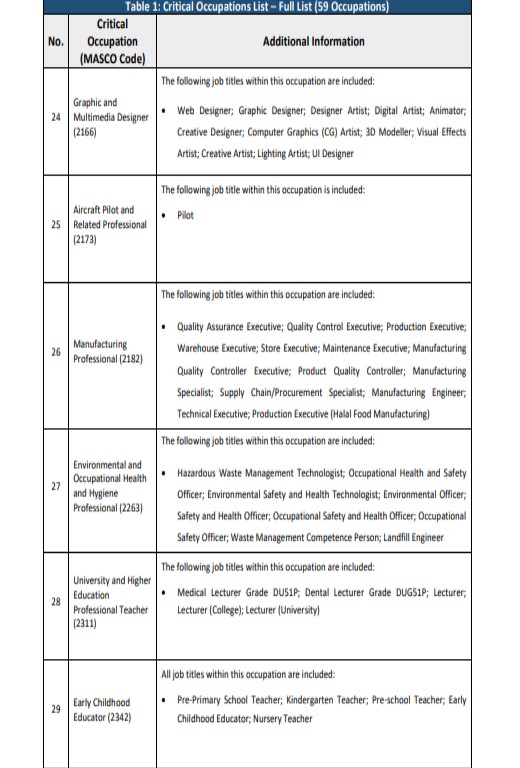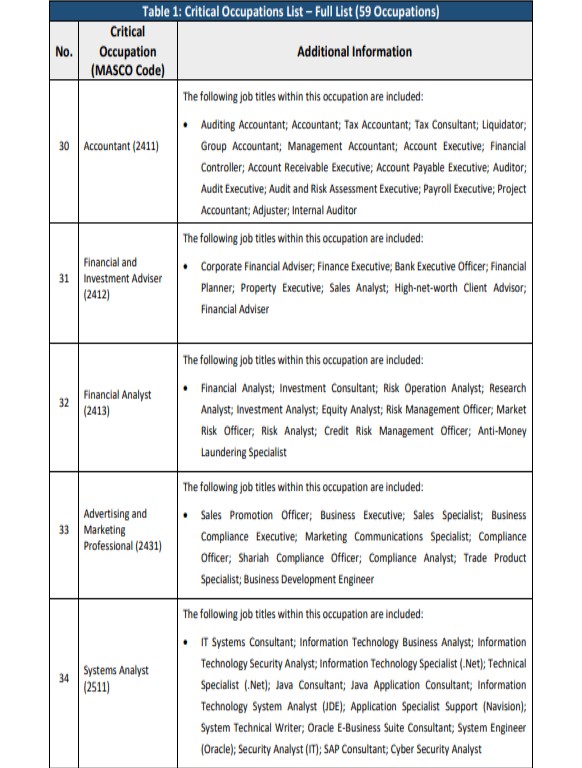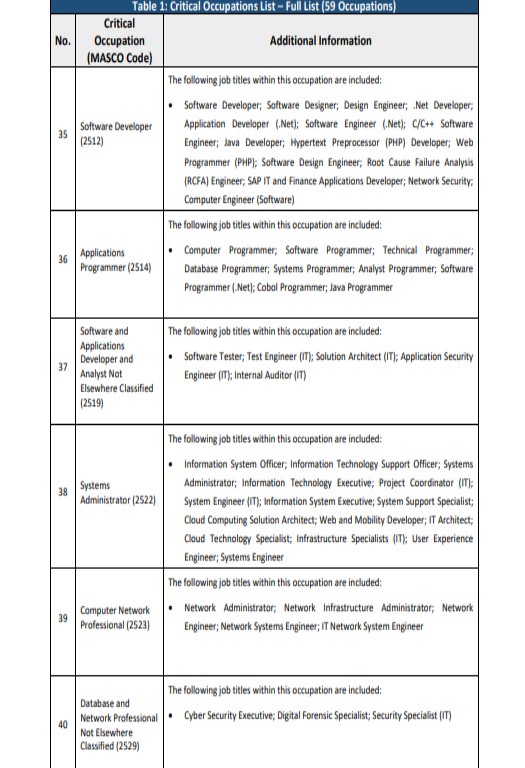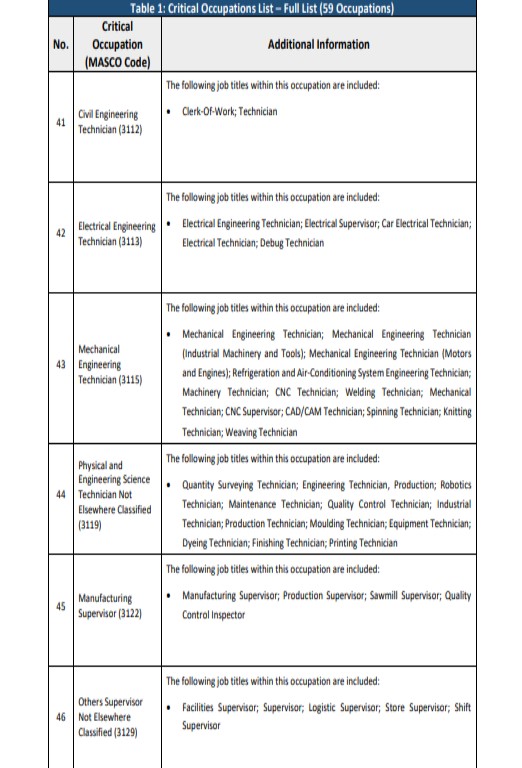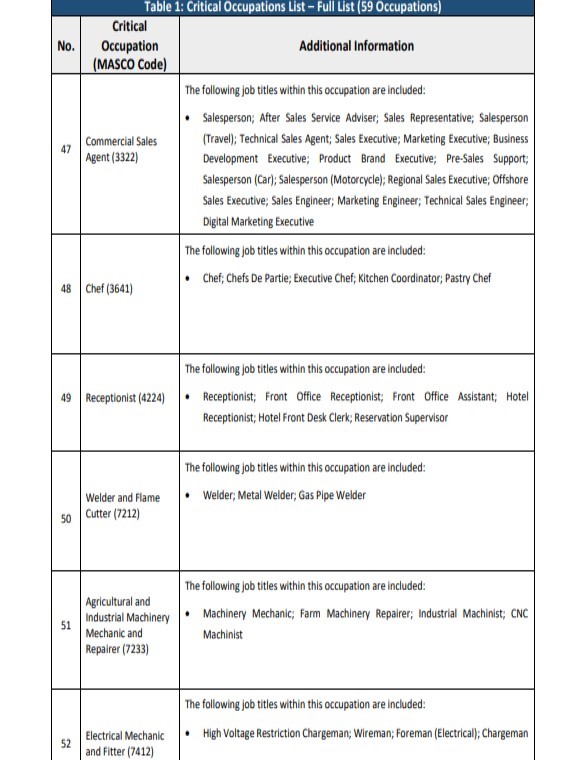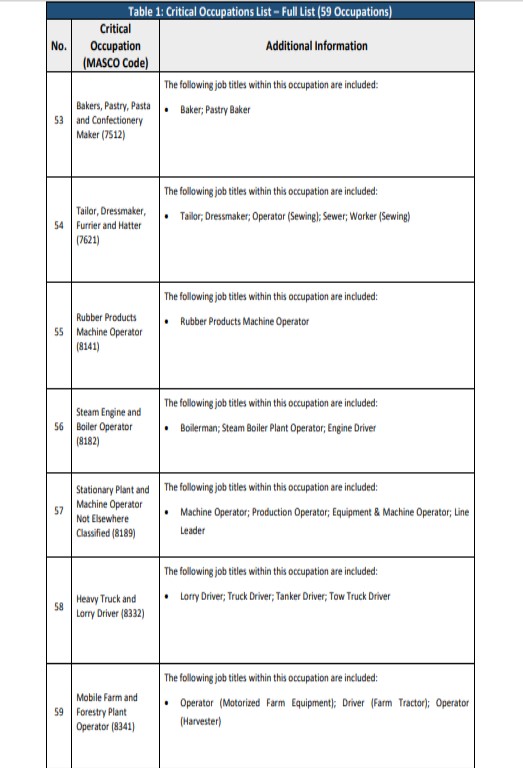Anda telah tamat PMR atau SPM tahun 2019 tetapi disebabkan COVID-19, tetapi masih belum lagi sambung belajar? Jika ya, anda bakal sertai batch SPM 2021 (ditunda dari 2020) untuk sambung belajar, tidak kira laluan akademik atau kemahiran.
Sebelum memilih pusat latihan kemahiran yang sesuai untuk anda, adakah anda pernah tanya diri sendiri apakah minat anda? Tahukah anda apa kerjaya yang sesuai untuk anda berdasarkan personaliti anda? Jika anda memilih pekerjaan yang bertentangan dengan minat anda, anda pasti rasa pekerjaan itu cukup membosankan, tidak fokus dan mula mencari pekerjaan baru. Kalau tidak, anda takkan ke mana dalam kerjaya anda.
Jadi bagaimana anda hendak mengenalpasti sama ada personaliti anda menjurus ke arah kerjaya yang mana? Mudah sahaja, jalanilah ujian personaliti kerjaya, percuma je. Untuk makluman anda, ujian personaliti ini berakar umbi daripada Teori Holland yang mengaitkan minat manusia dengan persekitaran kerja. Teori ini banyak digunakan oleh organisasi di seluruh dunia tidak kira swasta mahu pun kerajaan untuk menilai personaliti dan minat individu sebelum ditawarkan sesuatu pekerjaan. Ia membahagikan personaliti individu kepada 6 kumpulan iaitu RIASEC: Realistic, Investigative, Artistic, Social, Enterprising dan Conventional.

Teori ini membantu menerangkan tentang jenis-jenis personaliti manusia yang mempunyai kecenderungan yang berbeza. Penerangan mengenai jenis personaliti adalah seperti berikut:
Realistik
Jika ini adalah personaliti anda, anda jenis yang suka bekerja dengan peralatan dan mesin, tumbuh-tumbuhan dan haiwan. Selain itu, anda juga mempunyai kemahiran mekanikal serta keupayaan fizikal. Umumnya, anda lebih suka bekerja di luar berbanding duduk dalam pejabat. Selain itu, anda juga dilihat sebagai ikhlas, rendah diri dan pemalu.
Antara kerjaya yang sesuai adalah seperti jurutera, tukang kimpal, mekanik, tukang kayu, chef, pemandu jentera, penternak dan lain-lain. Semua ni adalah bidang TVET.

Investigative
Kumpulan ini jenis yang berminat dengan pemerhatian, mempelajari, menyelidik, menganalisa, menilai dan menyelesaikan masalah melalui penyelidikan serta berkamahiran dalam bidang saintifik dan matematik serta meminati kerjaya-kerjaya bercorak teknikal. Anda juga memiliki kemahiran dalam bidang matematik dan sains. Gemar bekerja bersendirian dan lebih suka terlibat dengan idea berbanding manusia dan peralatan. Selain itu, anda juga mempunyai sikap ingin tahu yang tinggi, bersikap logikal, mementingkan ketepatan, bijak serta berdikari.
Antara kerjaya yang sesuai buat kumpulan ini ialah doktor perubatan dan pergigian, ahli sains, pengaturcara komputer, ahli psikologi, ahli antropologi, penilai produk dan lain-lain.
Artistic
Anda mempunyai kebolehan kesenian dan sangat kreatif. Juga mempunyai kebolehan intusi dimana suka bekerja di dalam situasi tidak atau kurang berstruktur. Dalam ertika “bebas” kerana tidak minat dan tidak suka bekerja di dalam keadaan yang rutin atau berulang-ulang. Sentiasa menggunakan daya imiginasi dan daya kreativiti.
Antara kerjaya yang sesuai untuk individu artistik adalah arkitek, guru muzik, pelakon, pereka grafik, jurufoto, penari, penulis/editor dan lain-lain. Rata-ratanya adalah bidang TVET juga.

Social
Anda senang dan suka bekerja dan beinteraksi sesama manusia, membantu, mengajar/ mendidik, membimbing, melatih dan memberi dorongan. Berkemahiran menggunakan tutur kata serta mahir dalam komunikasi dan mempunyai matlamat, terutamanya adalah membuat kebajikan.
Kerjaya yang sesuai adalah guru/pengajar vokasional, kaunselor, jururawat, pelayan restoran, jurulatih, pakar diet, pendakwah dan lain-lain.

Enterprising
Anda jenis yang mampu mempengaruhi, mengarah, memimpin dan menguruskan orang lain. Namun matlamatnya adalah bagi mencapai keuntungan organisasi dan keuntungan ekonomi. Anda juga berupaya memimpin dan memberi ucapan serta mempengaruhi orang lain. Sifat ketara adalah peramah, sukakan cabaran, optimistik, cergas, berkeyakinan dan bercita-cita tinggi.
Kerjaya yang sesuai adalah ahli politik, peguam, perancang kewangan, wartawan, broker saham, pengurus restoran, agen pelancongan dan lain-lain.
Konventional
Anda suka bekerja dengan data dan nombor, mempunyai kemahiran dalam bidang perkeranian dan pengiraan yang sangat baik. Juga bagusa dalam menggunakan nombor dan melakukan sesuatu secara terperinci, bersifat akur dan mengikut arahan. Bersifat praktikal, cermat, cekap, tekun dan berhati-hati.
Antara kerjaya yang sesuai buat personaliti sebegini adalah akauntan, juru audit, juru wang, penganalisa kewangan, pentadbir pejabat, setiausaha dan lain-lain.
Nak cuba uji minat kerjaya anda secara percuma?. Anda boleh klik Ujian Personaliti Kerjaya RIASEC untuk terus jalani test berkenaan. Selain secara online, anda boleh kenal pasti minat kerjaya anda menerusi inventori psikologi yang sama standardnya seperti Self-Directed Search (SDS), Strong Interest Inventory, Ujian Minat Kerjaya Sidek dan Profil Personaliti TAJMA. Semuanya mengikut Teori Holland cuma term yang digunakan sahaja berbeza. Hasil penilaian tersebut, bolehlah digunakan sebagai panduan memilih kursus TVET yang tepat sekaligus dapat menceburi bidang kerjaya yang memang diminati oleh anda kelak.
Namun, ujian personaliti kerjaya (career personality test) ni bukan la penentu segalanya, hanya sesuai sebagai panduan untuk pemilihan bidang kerjaya masa depan anda. Ataupun, nak suka-suka uji pun tak mengapa. Tiada siapa halang, kerana ia adalah percuma!! Dan tak perlu tunggu hingga bulan 3 untuk keputusan SPM anda.
Nak kongsi markah anda di FB Group TVET Malaysia pun ok je, mungkin ada kolej TVET yang tawarkan anda kursus berdasarkan keputusan anda 😀
Dah tahu anda sesuai untuk ambil kursus TVET apa tetapi tak tahu mana nak cari?
Isi borang tunjuk minat dan kami akan cuba bantu anda carikan kolej/institut TVET swasta yang bersesuaian untuk anda.




